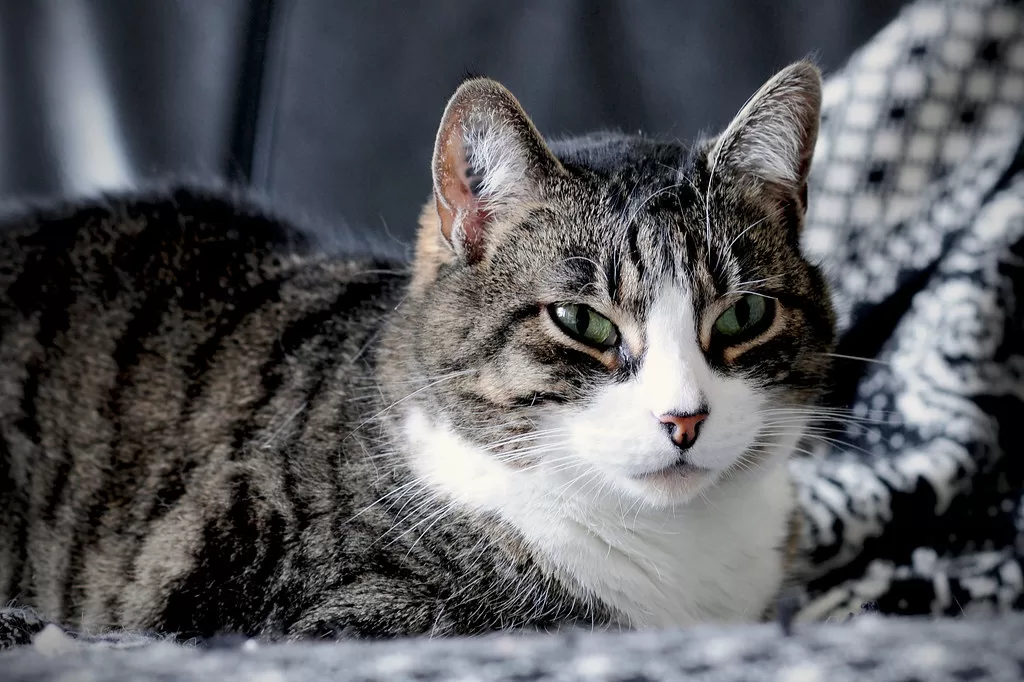Making the Tough Decision: Should I Euthanize My Cat with Diabetes?
Feline diabetes is a chronic condition that affects a significant number of cats worldwide. It is estimated that around 1 in 200 cats develop diabetes at some point in their lives. This condition occurs when the body is unable to produce enough insulin or properly use the insulin it does produce. Understanding and managing feline diabetes is crucial for cat owners, as it can greatly impact the health and well-being of their furry companions.
Should I Euthanize My Cat with Diabetes? Understanding the challenges of feline diabetes
Diabetes affects cats in a similar way to how it affects humans. Insulin is a hormone that helps regulate blood sugar levels, and when there is a deficiency or resistance to insulin, blood sugar levels can become dangerously high. This can lead to a range of health problems, including weight loss, increased thirst and urination, lethargy, and even organ damage.
Managing feline diabetes can be challenging for cat owners. One of the main challenges is ensuring that the cat receives the correct dosage of insulin at the right time. This often involves giving daily injections, which can be intimidating for some cat owners. Additionally, monitoring blood glucose levels is essential for managing diabetes, but this requires regular testing and observation.
Recognizing the signs and symptoms of diabetes in cats
Recognizing the signs and symptoms of diabetes in cats is crucial for early diagnosis and treatment. Some common signs to look out for include increased thirst and urination, weight loss despite an increased appetite, lethargy, and changes in behavior. Cats with diabetes may also have sweet-smelling breath or develop urinary tract infections.
Regular monitoring and observation are important for detecting any changes in your cat’s behavior or health. If you notice any of these signs or symptoms, it is important to consult with your veterinarian for a proper diagnosis.

Should I Euthanize My Cat with Diabetes? The importance of early diagnosis and treatment
Early diagnosis and treatment are crucial for managing feline diabetes effectively. If left untreated, diabetes can lead to serious complications, including ketoacidosis, a life-threatening condition that occurs when the body breaks down fat for energy instead of glucose. Other potential complications include nerve damage, kidney disease, and eye problems.
By diagnosing diabetes early, you can start treatment and make the necessary lifestyle changes to help manage the condition. This may involve insulin therapy, dietary changes, and regular monitoring of blood glucose levels.
See Also: When To Euthanize A Cat With IBD?
Exploring different treatment options for feline diabetes
There are several treatment options available for feline diabetes. The most common treatment is insulin therapy, which involves giving daily injections of insulin to help regulate blood sugar levels. Your veterinarian will determine the appropriate dosage and frequency of insulin injections based on your cat’s individual needs.
In addition to insulin therapy, dietary changes can also play a significant role in managing feline diabetes. Feeding your cat a balanced diet that is low in carbohydrates and high in protein can help regulate blood sugar levels. Your veterinarian may recommend a specific diet or provide guidance on how to modify your cat’s current diet.

Should I Euthanize My Cat with Diabetes? Managing the daily care routine for a diabetic cat
Managing the daily care routine for a diabetic cat requires commitment and consistency. This includes administering insulin injections at the same time each day, monitoring blood glucose levels regularly, and feeding your cat a balanced diet.
When it comes to administering insulin injections, it is important to follow your veterinarian’s instructions carefully. This may involve gently restraining your cat and injecting the insulin under the skin. It can be helpful to have someone assist you during this process, especially if your cat is particularly resistant or anxious.
Monitoring blood glucose levels is essential for managing diabetes. Your veterinarian may recommend using a glucometer to test your cat’s blood sugar levels at home. This involves pricking your cat’s ear or paw to obtain a small blood sample and then using the glucometer to measure the glucose level.
Evaluating the financial implications of long-term diabetes management
Managing feline diabetes can be costly, especially when considering the long-term expenses associated with insulin, blood glucose monitoring supplies, and regular veterinary check-ups. It is important to evaluate the financial implications of long-term diabetes management and plan accordingly.
One way to manage the costs is to budget for the necessary supplies and medications. This can help ensure that you have enough funds set aside for regular purchases. Additionally, it may be worth exploring options for purchasing supplies in bulk or finding more affordable alternatives.

Considering the impact on your cat’s quality of life
Diabetes can have a significant impact on a cat’s quality of life. Cats with diabetes may experience weight loss, increased thirst and urination, and changes in behavior. They may also require daily injections and regular blood glucose monitoring.
To maintain a good quality of life for your diabetic cat, it is important to provide them with a stable and stress-free environment. This includes keeping their routine consistent, providing them with a balanced diet, and ensuring they have access to fresh water at all times. Regular exercise and mental stimulation are also important for their overall well-being.
Discussing the potential complications and risks of untreated diabetes
Leaving diabetes untreated can lead to serious complications and risks for your cat. As mentioned earlier, ketoacidosis is a life-threatening condition that can occur when blood sugar levels are not properly regulated. Other potential complications include nerve damage, kidney disease, and eye problems.
Regular veterinary check-ups and monitoring are essential for detecting any changes in your cat’s health and managing any potential complications. Your veterinarian will be able to provide guidance on how to best manage your cat’s diabetes and monitor their overall health.
Seeking professional advice: consulting with your veterinarian
When it comes to managing feline diabetes, it is important to seek professional advice from a veterinarian. They will be able to provide an accurate diagnosis, recommend the appropriate treatment plan, and guide you through the daily care routine for your diabetic cat.
Finding a knowledgeable and experienced veterinarian is crucial for managing feline diabetes effectively. It is important to choose a veterinarian who has experience in treating cats with diabetes and who can provide ongoing support and guidance.

Should I Euthanize My Cat with Diabetes? Making an informed decision about euthanasia for a diabetic cat
Making the decision to euthanize a diabetic cat can be incredibly difficult. It is important to consider the overall quality of life for your cat and whether their condition is manageable. Factors to consider include their response to treatment, their overall health, and their ability to maintain a good quality of life.
Consulting with your veterinarian can help provide guidance and support during this difficult decision-making process. They will be able to assess your cat’s condition and provide an objective opinion based on their professional expertise.
Conclusion
Feline diabetes is a complex condition that requires careful management and monitoring. Understanding the challenges of feline diabetes, recognizing the signs and symptoms, and seeking early diagnosis and treatment are crucial for ensuring the health and well-being of your cat. By working closely with your veterinarian and following their guidance, you can help manage your cat’s diabetes effectively and provide them with the best possible quality of life.
Enjoyed This Article? You May Also Like:




